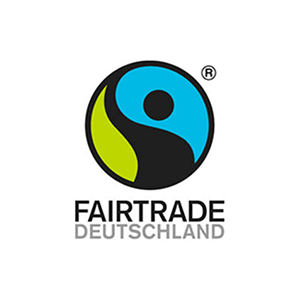Partnership Initiative Complaints Mechanisms
This requires functioning complaints mechanisms. For example, internal factory complaint channels, civil society contact points and/or so-called back-up mechanisms of purchasing companies or industry initiatives are possible. The aim of the Partnership Initiative (BI) Complaint Mechanisms, which was launched in 2020, is therefore to support Partnership members in implementing effective complaint mechanisms. The BI already consists of two cooperation projects. Further projects are being planned.
Key data
Period: April 2021 to October 2022
Cooperation partners: Fair Wear Foundation, Dutch Agreement on Sustainable Garments and Textile
Participating Partnership members: Esprit, s.Oliver, Seidensticker, FEMNET
Participating AGT signatories: G-Star, HEMA, Arisa
Countries: Vietnam, India
Key data
Period: February 2022 to April 2023
Cooperation partners: Fairtrade Deutschland e.V.
Participating companies: Primark, Hch. Kettelhack, Hugo Boss, Takko, Tex idea
Country: Pakistan






@2023 Bündnis für nachhaltige Textilien


